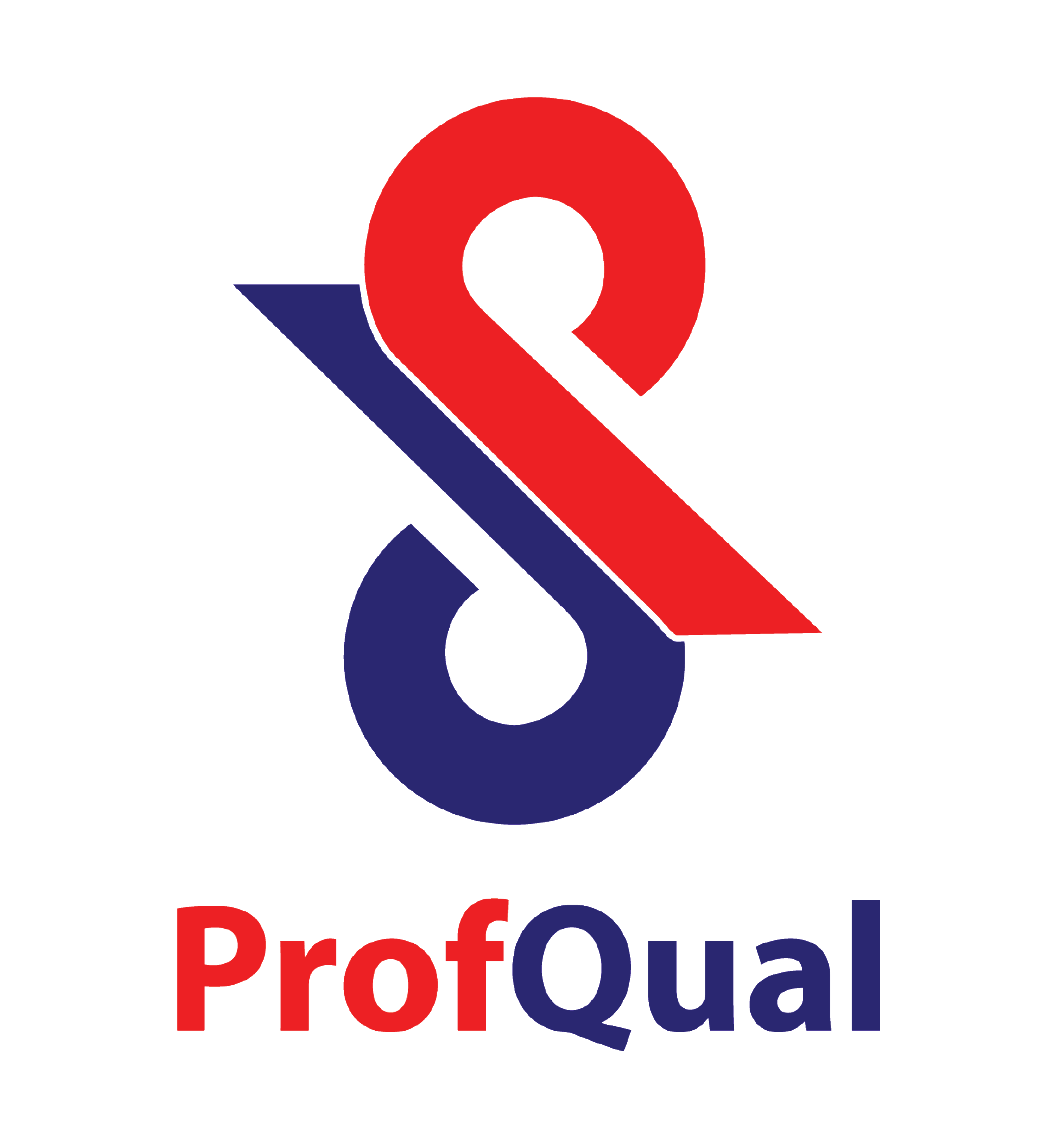
The Post Graduate Diploma in Finance & Accounting program provides a comprehensive understanding of finance and accounting principles, practices, and strategic applications.
Enroll NowThe Post Graduate Diploma in Finance & Accounting is designed to provide participants with a thorough understanding of finance and accounting principles, practices, and strategic applications. This course covers key areas including business finance, corporate finance, financial analysis, cost and management accounting, advanced financial reporting, governance, project finance, managerial accounting, managerial economics, and cost management. By integrating theoretical knowledge with practical skills, this program aims to prepare professionals to manage financial operations effectively, make informed business decisions, and contribute to the overall financial health and strategy of organizations.
Objectives:
Units & Modules:
U-1: Introduction to Business, Finance & Accounting
M-1: Generational forms of Business
M-2: Organization, Objectives & Decisions
M-3: Introduction to Accounting
M-4: Introduction to FM
U-2: Corporate Finance & Accounting
M-5: Fundamentals of Corporate Accounting
M-6: Role and Functions of Accountant in Organization
M-7: Recording and classifying business transaction
M-8: Preparation of Final Accounts & Related Matters
U-3: Corporate Finance
M-9: Intro to Corp Finance
M-10: Cost of Capital
M-11: Financial Reporting & Statement for Organization
M-12: Cash and Fund Flow
U-4: Financial Analysis
M-13: Financial Statements Analysis and Information
M-14: Analyzing the cash flow statement
M-15: Analyzing the balance sheet
M-16: Capital budgeting and investment decisions
U-5: Cost and Management Accounting
M-17: Introduction of cost accounting
M-18: Introduction to Management Accounting
M-19: Activity Based Costing
M-20: Budget and Budgetary Control
U-6: Advanced Financial Reporting and Analysis
M-21: International Financial Reporting Standards
M-22: Consolidation and Business Combinations
M-23: Accounting for Derivatives and Hedging
M-24: Financial Reporting Ethics and Compliance
U-7: Advanced Accounting & Financial Strategy
M-25: Mergers & Acquisitions
M-26: Time Value of Money
M-27: Operating and Financial Leverage
M-28: Dividend-Policy & Decisions
U-8: Governance Audit & Financial Compliance
M-29: Good Governance for Corporate
M-30: Introduction to Internal Auditing
M-31: Control Concepts and Frameworks
M-32: Internal Controls and Fraud Detection
U-9: Project Finance
M-33: Project Finance basic
M-34: Financial Budgeting for Project
M-35: Cost Benefit Analysis of Project
M-36: Breakeven Analysis for Project
U-10: Managerial Accounting
M-37: Cost Volume Profit (CVP) Analysis
M-38: Budgeting & Forecasting
M-39: Performance Measurement & Variance Analysis
M-40: Pricing Strategies & Revenue Management
U-11: Managerial Economics
M-41: Introduction to Managerial Economics
M-42: Meaning, Scope & Methods of Managerial Economics
M-43: Managerial Economics & Business Strategy
M-44: Managerial Economics a Problem-solving Approach
U-12: Essentials of Cost Management
M-45: Fundamentals of Cost Management
M-46: Project Cost Management
M-47: Traditional Cost Management Systems
M-48: Cost Management a Culture to be Nurtured

Features:
Duration: 9 Months
Modules: 48 Modules
Short Video Materials: Yes
Mode of Learning: Online (Self-Paced)
Post Completion:
Exam Method:
Number of Exams: 12 (Each unit has One Exam)
Assignment:
Total Assignments: 02
| Effort | 9 Months |
| Live Chat | Enabled |
| Regular Fee | $ 650.00 |
| Special Fee | $ 420.00 |
Chat with us on WhatsApp